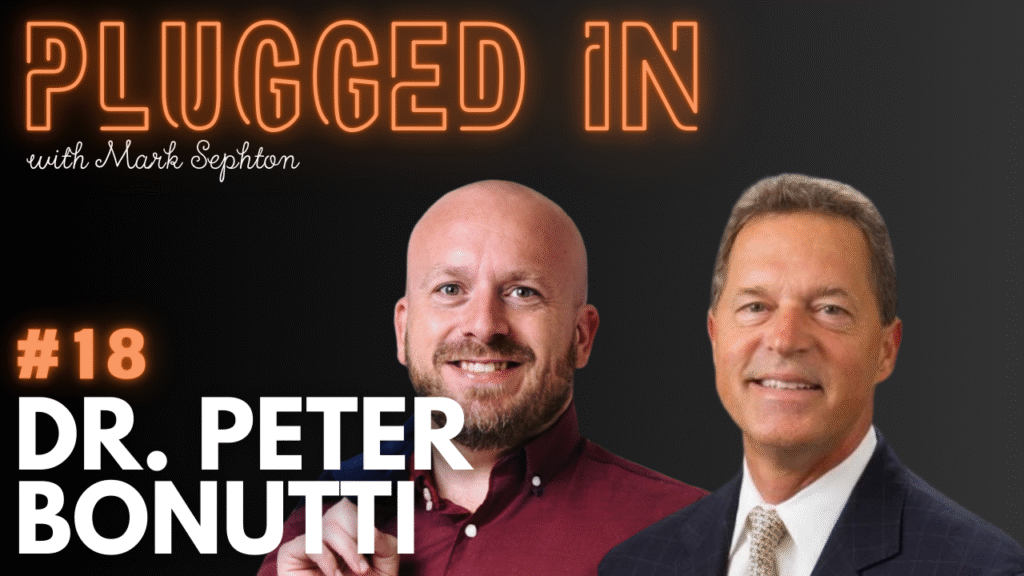Four decades in medicine have made one principle unshakable for Dr. Peter Bonutti. The only metric that matters is how the patient lives after treatment. Trained as an orthopedic surgeon, he entered college at 16, finished by 20, and then built a career shaped by a simple philosophy. Measure success by recovery, function, and dignity, not just by images and charts. That lens pushed him to rethink everything from knee replacements and minimally invasive repair systems to surgical robotics, yielding more than 500 patents and 700 licenses used across the medical industry.
Realeve is his most ambitious chapter yet. The company targets the hardest frontier in human health, the central nervous system. The blood-brain barrier blocks many drugs, biologics, and nutrients from reaching diseased tissue. Realeve’s approach aims to open and close that barrier on demand. This would enable precision delivery and potentially flush harmful accumulations that degrade cognition over time. If successful, this strategy could reshape how clinicians address Alzheimer’s disease, migraine, post-stroke recovery, traumatic brain injury, and pain. These conditions diminish the quality of life for patients and place immense burdens on families and society.
Bonutti’s trajectory was forged by time in the clinic and listening carefully before and after surgery. Early in his career, he challenged conventions that optimized procedures for surgeons while asking patients to endure long and painful recoveries. His innovations in anchors and fasteners for tissue repair, endoscopic and arthroscopic techniques, and navigation and robotics for joint replacement all served a single goal. Shorten time to function, reduce pain, and restore the activities people actually care about. Kneeling, squatting, playing, and living. That same bias toward real-world outcomes shapes Realeve’s focus on neuro restoration, not just neuro compensation.
He sees robotics, sensors, and AI as powerful accelerants, especially when they augment rather than replace human healing. Wearables and home diagnostics can surface problems earlier, making restorative treatments possible before disease progresses to end-stage interventions. In the brain, that means pairing better detection with targeted delivery and using the body’s own systems to heal when possible, while intervening with precision when necessary. The aim is not an implant that substitutes for lost function. The aim is a platform that helps the brain repair itself.
The stakes could not be higher. Dementia is one of the most devastating and costly challenges in global health. It hollows out independence and identity while consuming family resources and national budgets. Bonutti’s patient-first ethos turns the problem inside out. Build tools that let clinicians treat the brain directly and safely, and measure success by meaningful recovery. Realeve’s promise lives in that last mile between scientific potential and human experience. A person remembers a name, navigates a room, follows a conversation, or simply enjoys a pain-free day.
Across hundreds of inventions and countless surgeries, Bonutti’s through line is clarity. Patients are the customer, outcomes are personal, and innovation only matters when it restores life. With Realeve, he is aiming for clarity at the most complex organ we have and inviting medicine to judge success the way patients always have.
Want more Plugged In? Read more or listen on Apple Podcasts.













